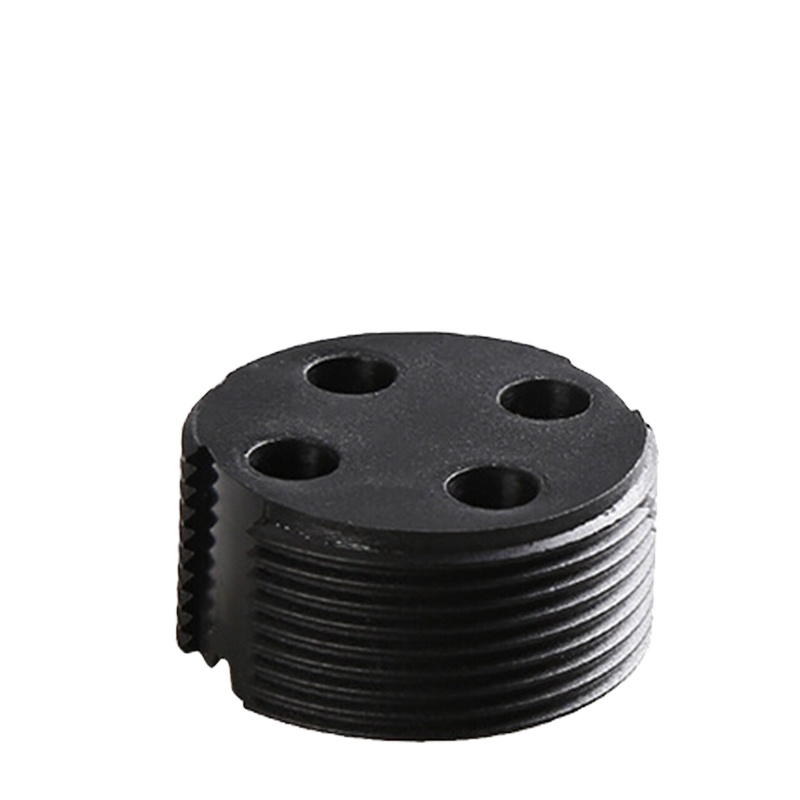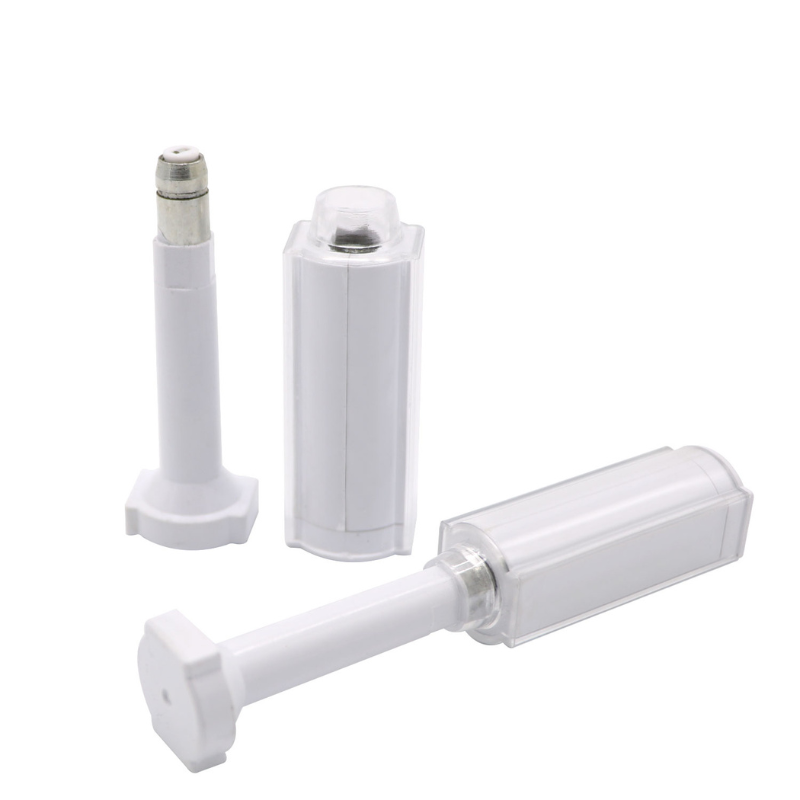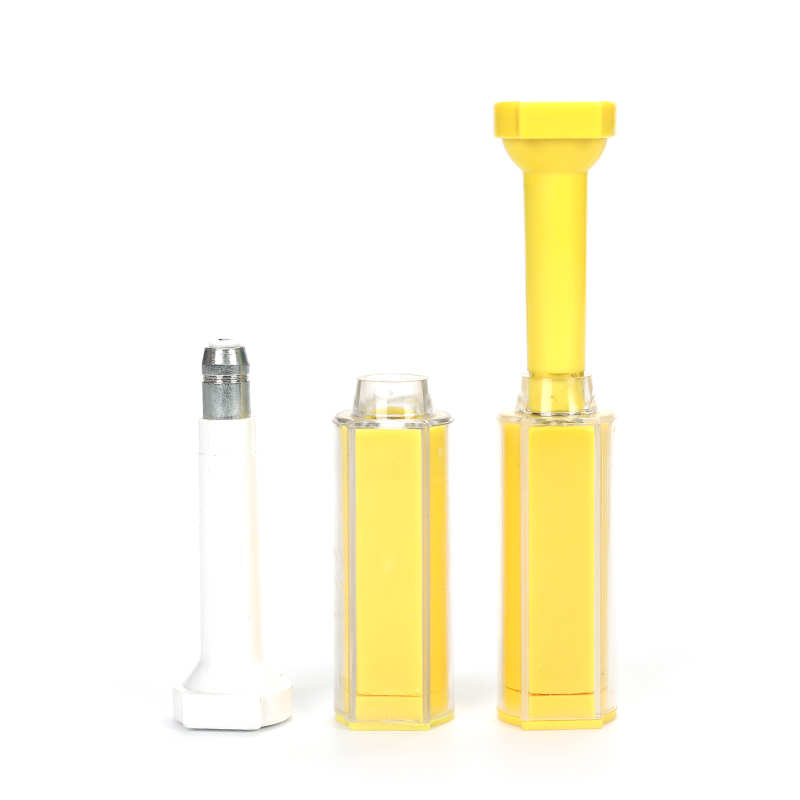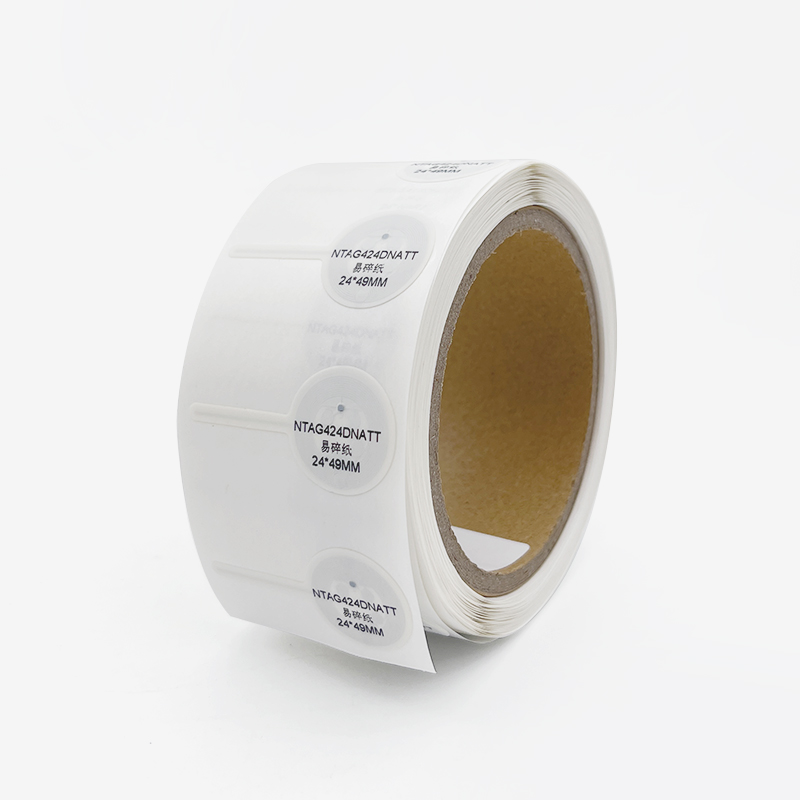
RFID Technology in the Hospitality Industry: Current Trends and Future Prospects
Table of Contents
Introduction
From RFID wristbands for access control to inventory tracking, this guide explores how RFID technology in the hospitality industry improves guest experiences, enhances security, and automates back-end tasks.
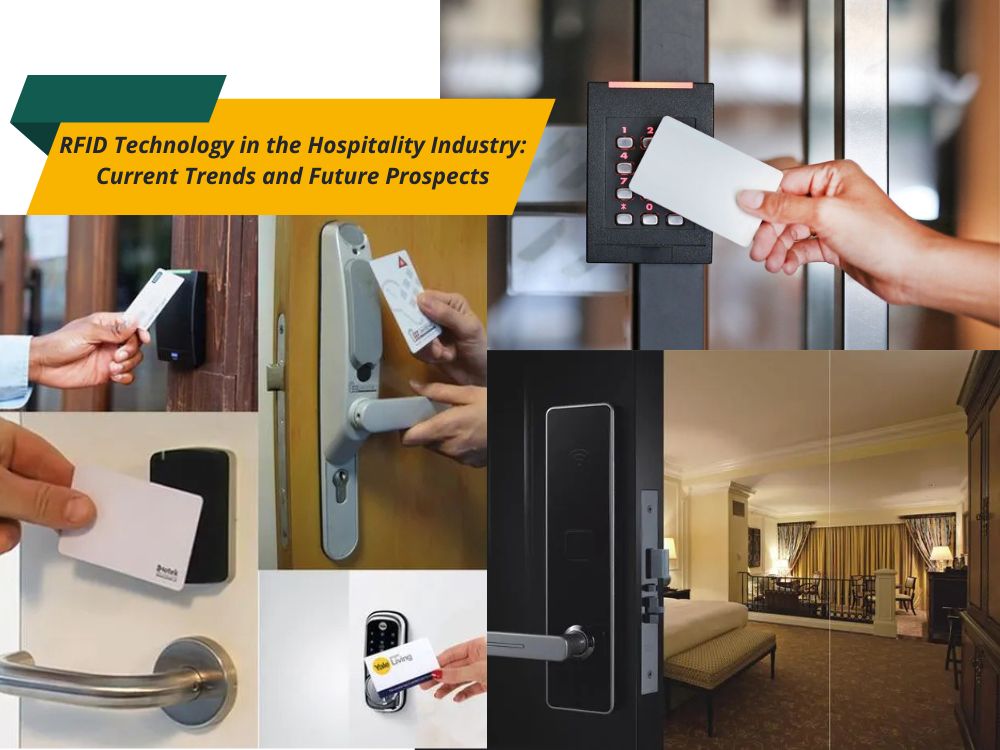
What Is RFID Technology?
RFID (Radio Frequency Identification) is a wireless system that identifies and tracks objects using radio waves. It consists of three components:
- RFID Tag – Attached to a person, keycard, towel, or object
- RFID Reader – Scans tags without physical contact
- RFID Software – Syncs with hotel management systems for automation
In hospitality, RFID is typically used in:
- Access control (room entry, facility access)
- Cashless payments (restaurants, spas, amusement areas)
- Linen and uniform tracking
- Guest identification and personalization
Key Applications of RFID in the Hospitality Industry
1. Seamless Guest Access
RFID wristbands or cards give guests secure, contactless access to:
- Guest rooms
- Gyms and spas
- Pools and VIP lounges
👉 This eliminates lost keycards, speeds up entry, and improves safety.
2. Cashless Payment Systems
RFID wristbands double as mobile wallets. Guests can:
- Pay for meals or drinks
- Book spa appointments
- Make retail purchases within the resort
3. Linen, Uniform, and Towel Management
Hotels lose thousands annually to missing towels and uniforms. RFID tags sewn into linens or embedded in uniforms help:
- Track laundry cycles
- Prevent loss
- Automate reordering
4. Inventory & Housekeeping Automation
Attach RFID tags to:
- Mini-bar items (to automate charges)
- Housekeeping carts (to monitor usage and restocking)
- Storage areas (to track amenities and supplies)
5. Event & Guest Management
For resorts, conventions, or concerts, RFID simplifies:
- Crowd control
- Real-time guest location
- Personalized experiences (e.g., “Welcome back, Mr. Lee” on a smart display)
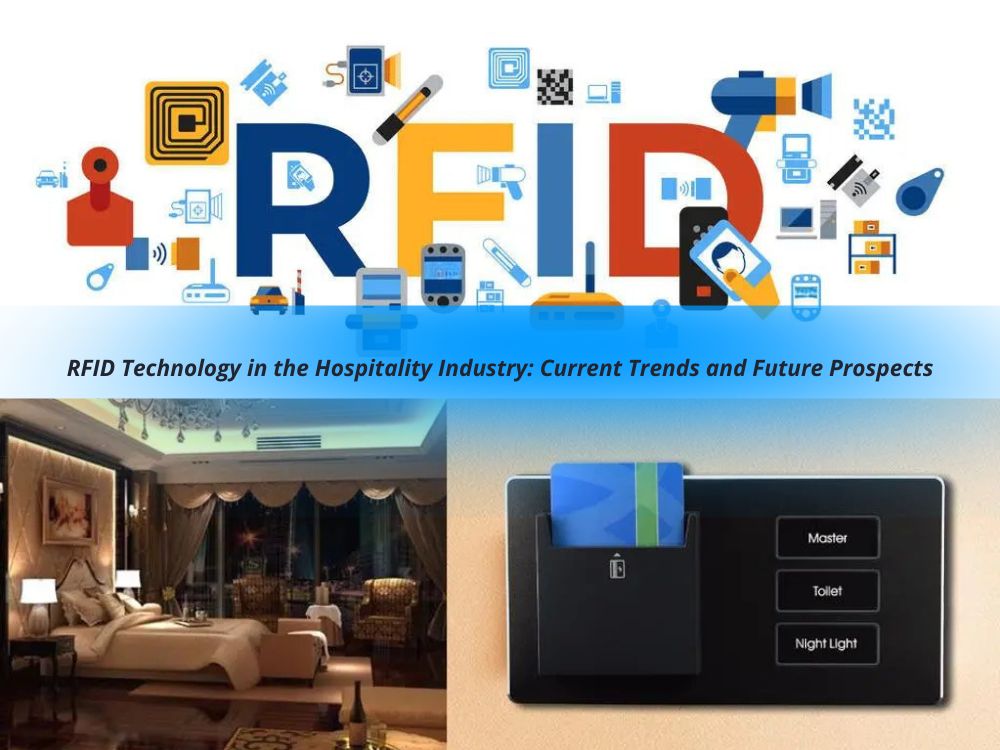
Case Study: RFID Technology at a 5-Star Resort
A luxury beach resort in Southeast Asia adopted RFID wristbands for:
- Room access
- Cashless on-site purchases
- Spa & event booking
After 6 months: - Guest satisfaction improved by 25%
- Lost keycard incidents dropped by 90%
- In-resort purchases increased by 18%
Benefits of RFID Technology in Hospitality
| Benefit | How RFID Helps |
|---|---|
| Faster Check-In | Pre-coded RFID wristbands eliminate front-desk delays |
| Improved Security | Tags are encrypted and harder to duplicate |
| Labor Savings | Reduces time spent tracking linens, guests, or keys |
| Better Guest Data | RFID logs help personalize service and analyze usage patterns |
| Increased Revenue | Faster transactions = more spending; upsells via automation |
| Eco-Friendly | Reusable wristbands and RFID tags reduce plastic waste |
Recommended RFID Technology Products for Hotels
FAQs About RFID in Hotels & Resorts
Are RFID wristbands waterproof?
Yes, silicone RFID wristbands are waterproof and ideal for pools, spas, and water parks.
Is RFID secure enough for room access?
Absolutely. RFID tags can be encrypted and time-limited to prevent unauthorized entry.
Can RFID be used outdoors?
Yes. RFID readers and tags can be weatherproofed and used at outdoor venues, beaches, or events.
What’s the difference between RFID cards and wristbands?
Cards are better for short stays and corporate events. Wristbands are ideal for resorts, families, and extended guests.

Ray Zhou
This article was written by Ray Zhou, an RFID technology expert with more than 10 years of industry experience.
Comments
Hot Products
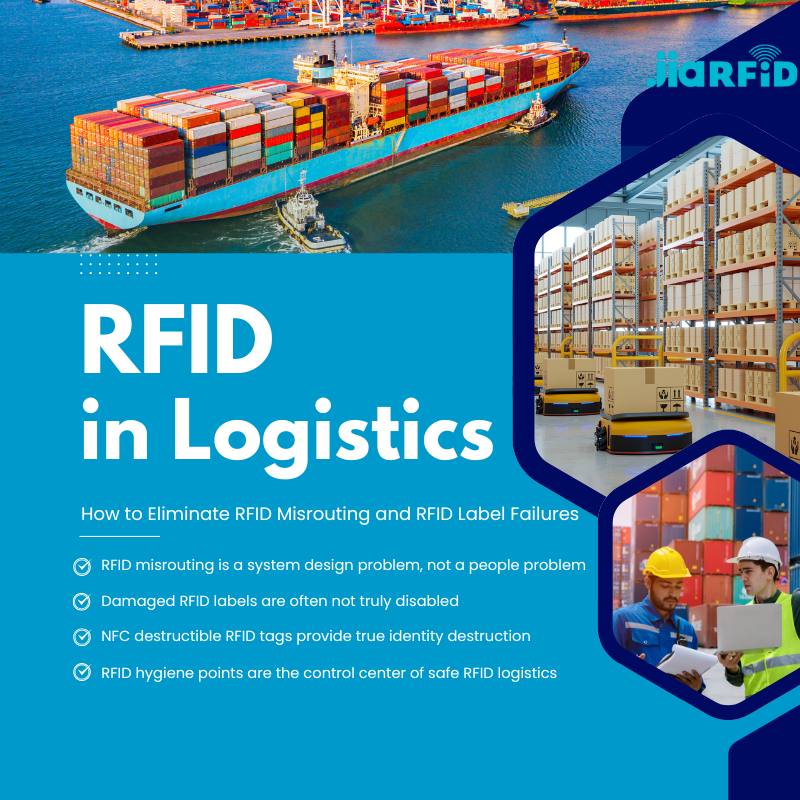
RFID in Logistics: How to Eliminate RFID Misrouting and RFID Label Failures
RFID in logistics is more than just a tool to speed up processes. It has become a key part of how modern supply chains operate.
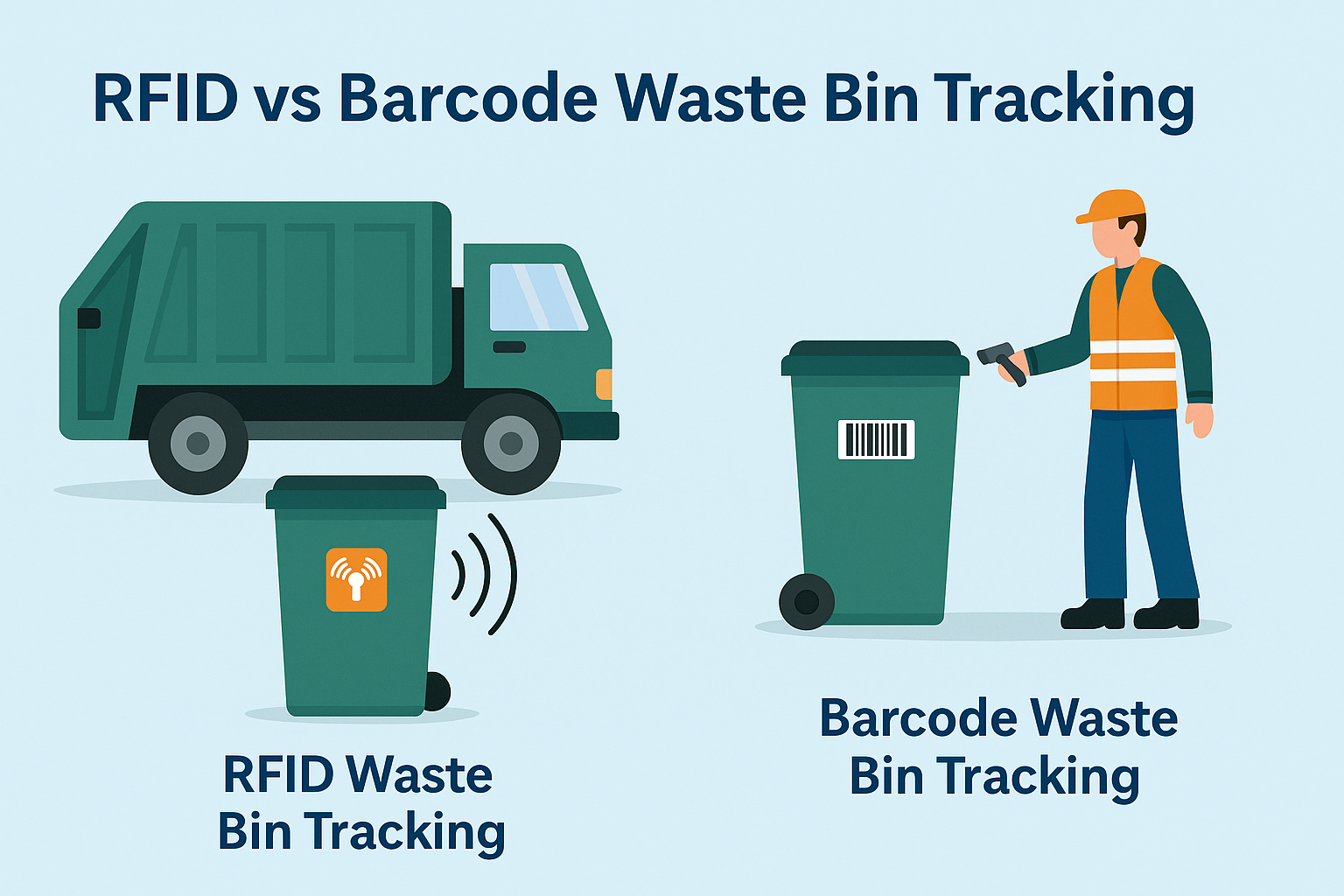
What Is RFID Waste Management
Imagine a city where every trash bin speaks — not literally — but through a tiny chip that tells the system when it’s full, when it’s emptied, and where it went. That’s what RFID waste management is doing today.
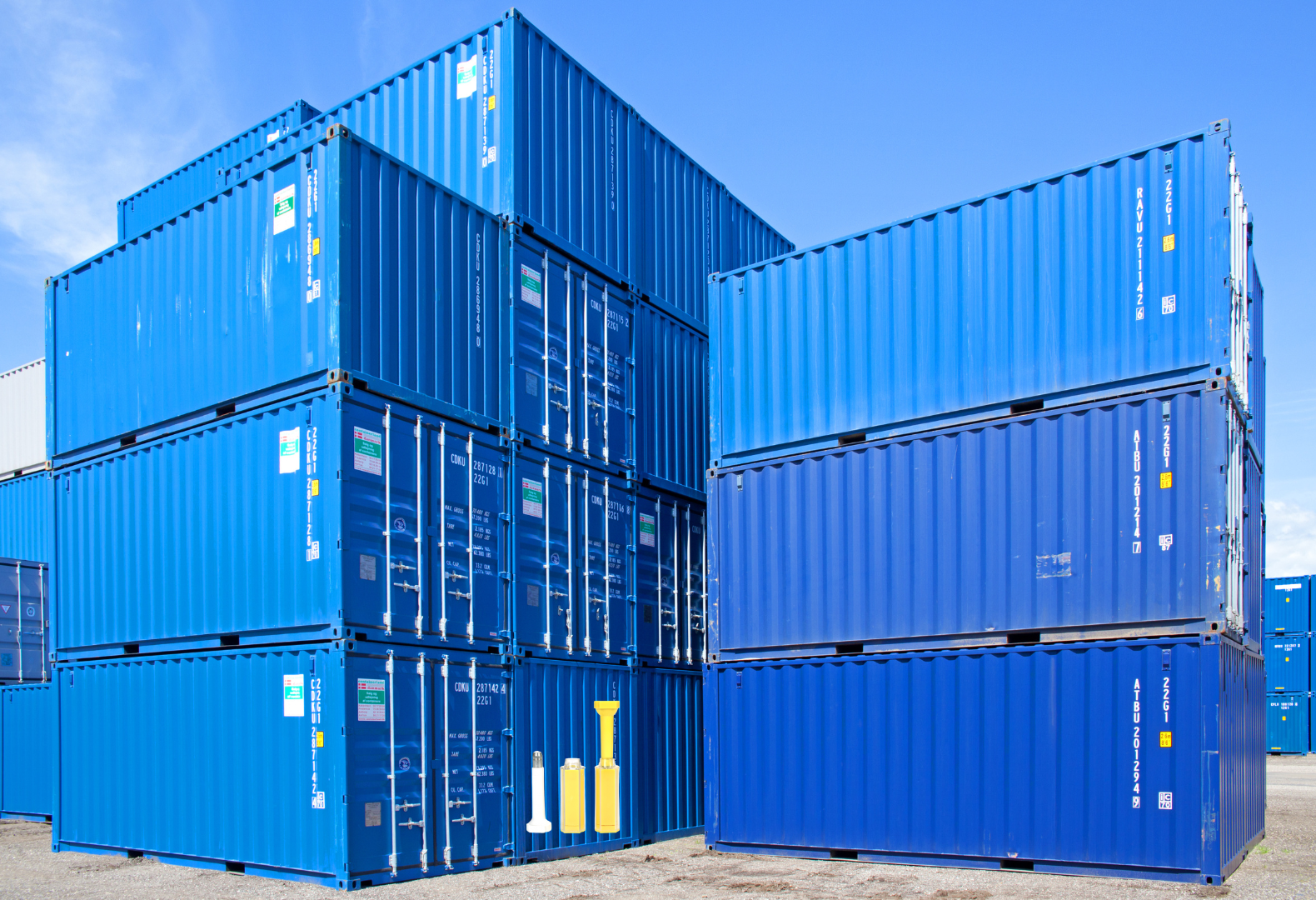
What are Bolt Seals and their Applications? | Complete Guide
In global trade and logistics, bolt seals play a crucial role in ensuring cargo security and compliance. These small but powerful devices are designed to lock shipping containers, trailers, and cargo doors with a tamper-evident mechanism.
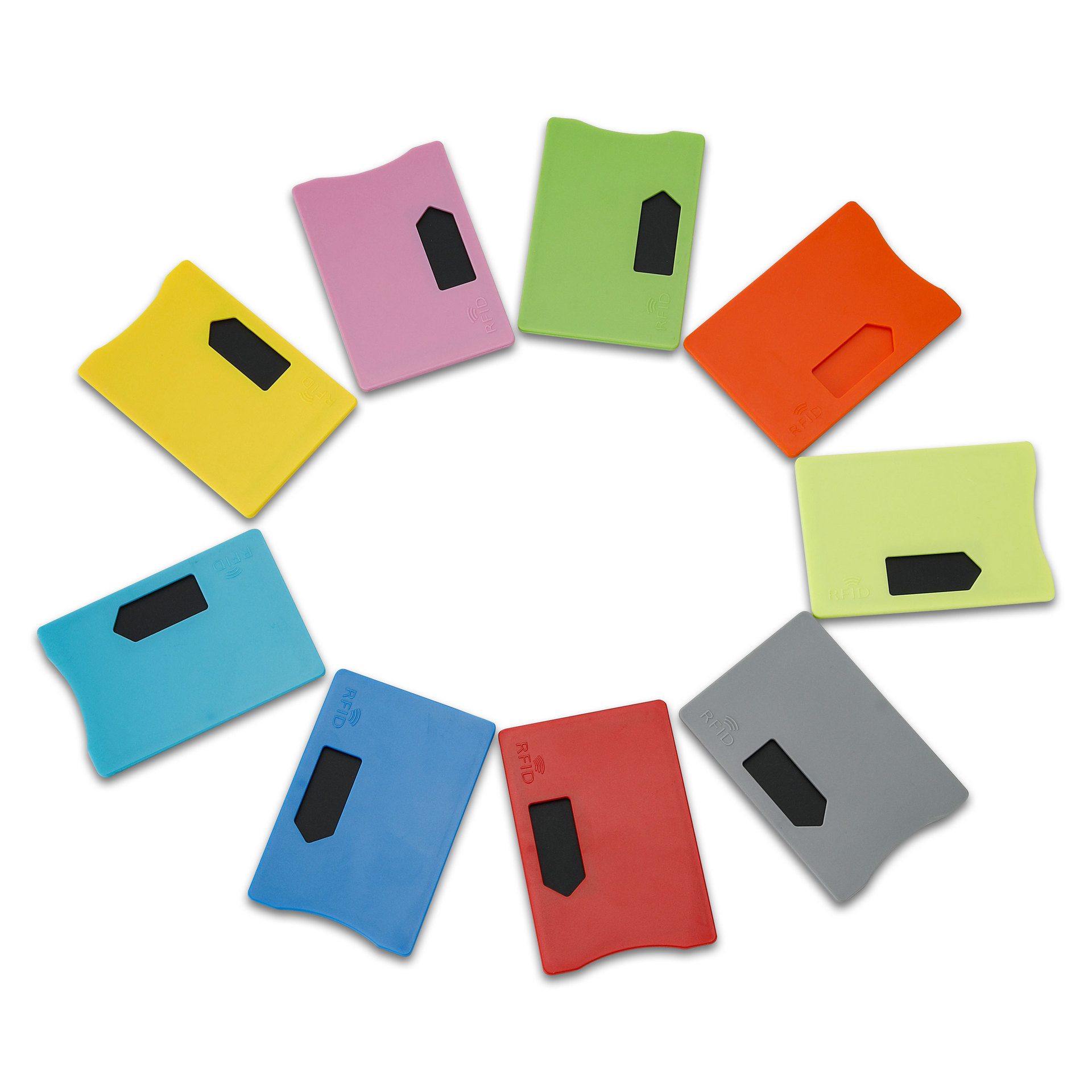
What is an RFID Card Protector? Benefits, Use Cases, and Buying Guide
RFID technology (Radio Frequency Identification) is everywhere: in your credit cards, ID badges, transit passes, hotel room keys, and more. It offers speed and convenience, but it also opens the door to a new kind of digital theft called “skimming.” That’s where an RFID card protector comes in.

RFID Wristbands for Events: Bulk Buying Guide for Organizers
RFID wristbands for events are becoming the go-to solution for organizers who need faster entry, fraud prevention, and cashless payments at concerts, festivals, and sports venues. Unlike paper tickets or QR codes, these smart wristbands use embedded chips to streamline access, secure transactions, and improve the guest experience.
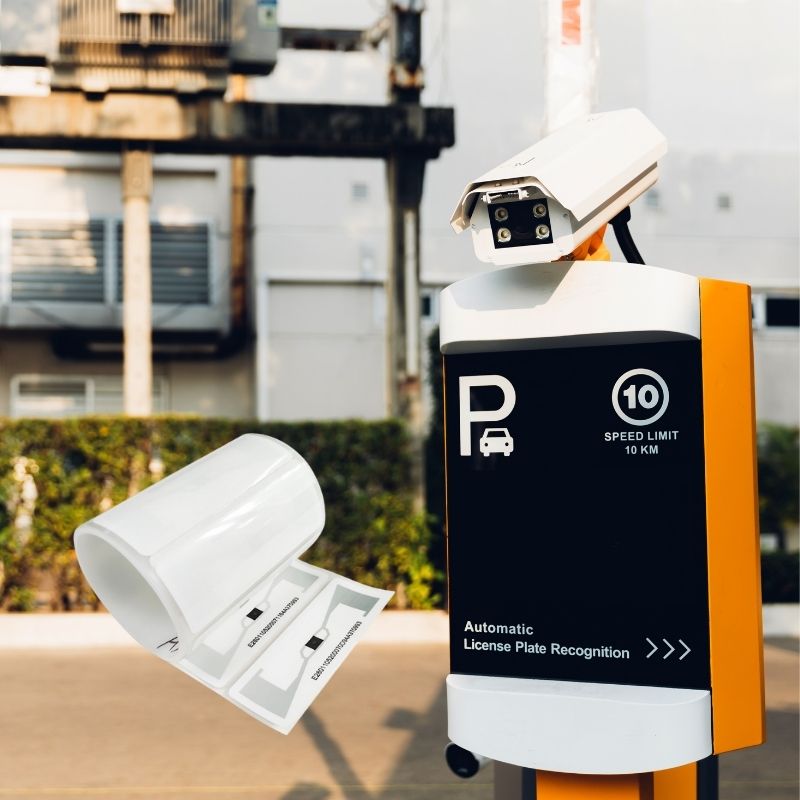
How RFID Tag on Windscreen Improves Vehicle Access Control and Toll Systems
In today’s fast-paced world, vehicle identification needs to be quick, secure, and contactless. An RFID Tag on the Windscreen provides exactly that — a reliable way to manage toll collection, parking, and gated access without stopping vehicles.
Tags
RELATED BLOGS

RFID in Logistics: How to Eliminate RFID Misrouting and RFID Label Failures
RFID in logistics is more than just a tool to speed up processes. It has become a key part of how modern supply chains operate.

What Is RFID Waste Management
Imagine a city where every trash bin speaks — not literally — but through a tiny chip that tells the system when it’s full, when it’s emptied, and where it went. That’s what RFID waste management is doing today.

What are Bolt Seals and their Applications? | Complete Guide
In global trade and logistics, bolt seals play a crucial role in ensuring cargo security and compliance. These small but powerful devices are designed to lock shipping containers, trailers, and cargo doors with a tamper-evident mechanism.


